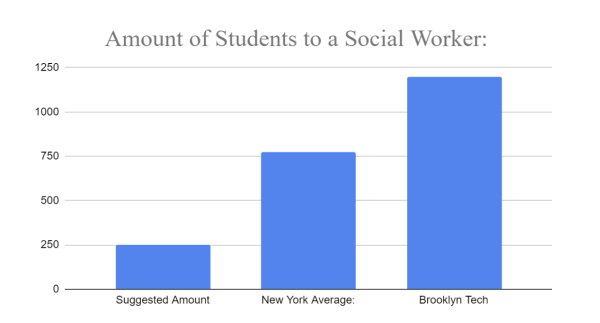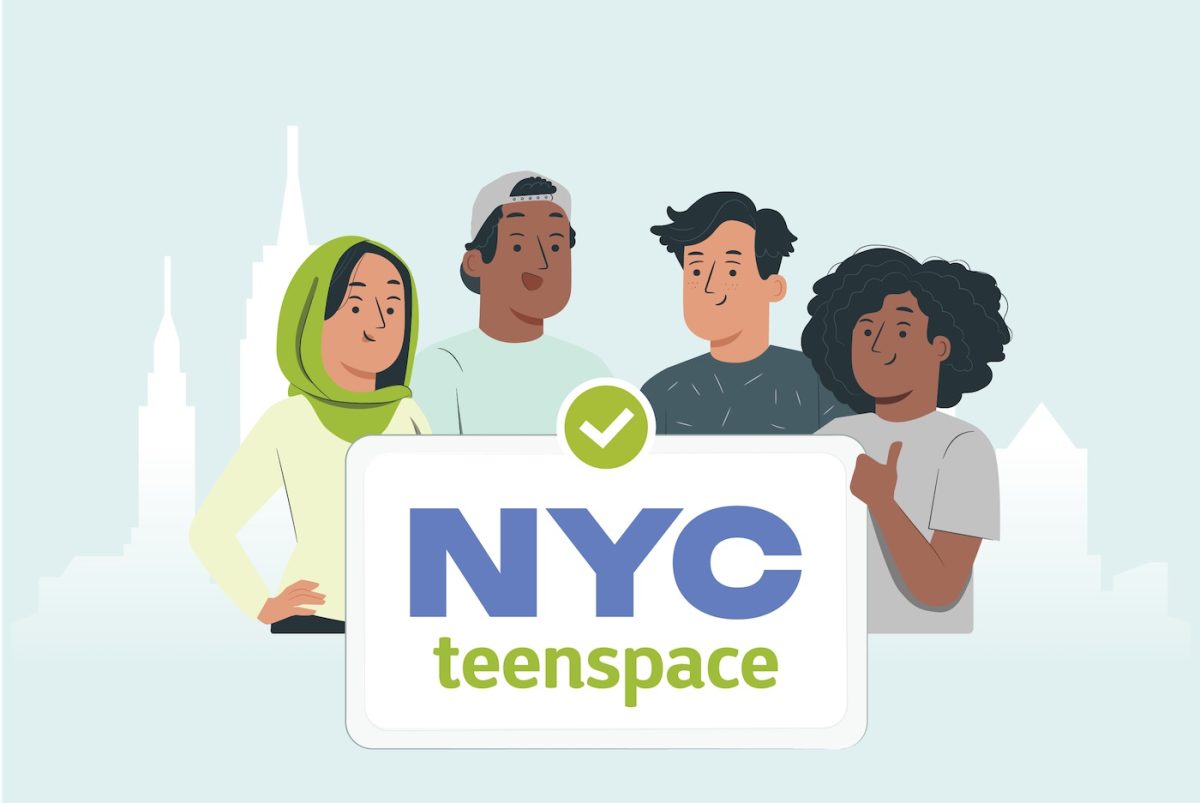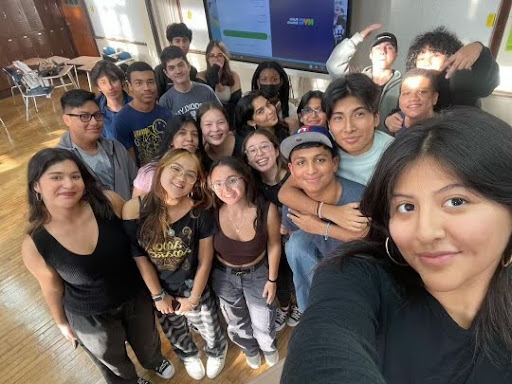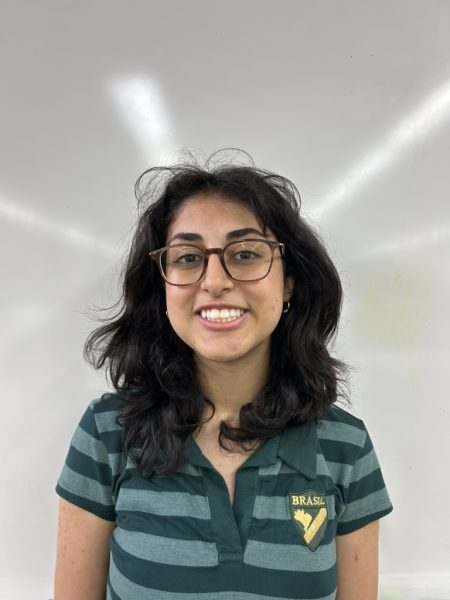On November 15th, 2023, Mayor Eric Adams announced the rollout of a three-year collaboration between the popular online therapy provider Talkspace and the New York City Department of Health and Mental Hygiene. Talkspace’s main program, Teenspace, provides New York City teenagers aged 13-17 with free access to virtual therapy. This initiative is part of NYC’s $26 million investment to address today’s youth mental health crisis.
While some students, parents, and counselors have praised the Talkspace announcement, others have raised concerns over Talkspace’s legitimacy, worried about virtual therapist-student interactions, and questioning whether the hefty investment could be better allocated for other educational programs.
Talkspace has launched a digital advertising blitz for the program on platforms like YouTube, Facebook, TikTok, and NYC’s government social media accounts. This resulted in about 3,000 sign-ups out of the approximate 400,000 teenagers living in NYC, but interest continues to grow.
The Teenspace signup process is relatively straightforward. After completing a questionnaire and receiving consent from a legal guardian to participate in the program, teens are eligible to send unlimited text messages and have monthly 30-minute virtual calls with a licensed, assigned therapist. The messages are kept confidential, and matters can only be discussed with the participant’s school or guardian under special circumstances, such as an intent to harm oneself or someone else. It should be noted that such circumstances are rare and therapists must assess the risk factors for harmful claims.
In a recent Survey poll, 48% of Tech students claimed they were in favor of the program, saying that they would consider participating in Teenspace.
An anonymous student in the Biological Sciences major who faced mental health issues last year commented that she would have wanted to participate in Teenspace while she was struggling, viewing it as a promising alternative to those hesitant to face a counselor. “Earlier last year I was going to speak to [Tech’s Substance Prevention and Rehabilitation through Knowledge (SPARK) Counselor] Ms. Ramona on my mental health issues but I was too scared for them to know about my problems… I was so scared of my personal issues being leaked to my teachers or parents.”
Angel Coy (‘26) added that Teenspace could offer students comfort through an assigned virtual therapist rather than relying on in-person confrontation with a limited set of counselors at school. “With your school counselors, they are a little bit more accessible. You can talk to them faster,” Coy acknowledged. “But you might not be able to go to your [school] counselor because you’re scared of being judged. You can go to a therapist who you might not even know yet. It gives you a fresh start in a way.”
At the average New York high school, there is one social worker for every 773 students. According to the New York State Comptroller’s Office, 27% of NYC public schools have no social workers altogether, with 80% overall falling short of the recommended ratio of 1 to 250. Tech’s ratio is no different, with a social worker-to-student ratio of approximately 1 to 1,200, even lower than the state average.

Although the program has been praised by some, others believe the platform poses concerns.
“I was in shock when I saw what the platform was,” stated Ms. Ford, a 9th-grade social worker as well as a trained mental health clinician. “It is inappropriate for young people to only have access to their therapist once a month [on a] live [session] and the rest texting.”
Ford added that even in the “age of texting,” mental health professionals can only get to know a young person’s needs through face-to-face interactions. She also believes that the program could be potentially harmful, especially if a student sends a message that needs immediate attention, or a counselor misinterprets their needs. “We have young people who have a range of mental health needs, and depending on its severity, I would not suggest Teenspace,” cautioned Ford. “It can be very harmful. You have to know a young person’s needs.”
An anonymous student in the Law and Society major who is participating in Teenspace agreed that there are concerns she has when it comes to texting. “At first [the therapist] took a day or two for each message I sent her, but then she became more responsive, responding every couple hours,” she noted “[But] one time she left me on read.”
This same student explained that if a student types an
urgent message, the therapist “probably won’t respond for a couple of hours.” This inconsistency could undermine therapist-student relationships in ways that are less likely with face-to-face interaction.
“[Teenspace] would be [the] best support, and [the] best way to serve our students where a parent can say ‘I would like my child to see [their therapist] every Monday live session,’” said Ford, adding that due to the difference in the severity of situations, “not offering [live sessions] is a disservice to our students and is a safety issue as well.”
Talkspace’s critics have criticized the system for having a poor selection of therapists. Mental health counselor Naomi Weizman recently filed a federal lawsuit against Talkspace for not investing in a network of qualified therapists, or enough therapists to meet the demand of the service.
With Teenspace in particular, detractors point to a lack of racially diverse therapists, even for students who request therapists of color. They also raise concerns that only 40% of Teenspace therapists hold specialized licenses in adolescent care.
An anonymous Tech participant requested a therapist of color but was given a “White-Hispanic” therapist instead. Despite such drawbacks, connecting to support is the priority. “Virtual isn’t the best option; however I personally think it’s a great start,” she said
NYC is not the first city to offer free virtual therapy to students. Last year, Los Angeles County in California announced free virtual therapy for all K-12 Public Schools spanning 80 districts and 1.3 million students.
“How good these services are is yet to be seen, but it is good to see the city reacting positively, finding this incredible need, and applying it,” said Principal David Newman.








































